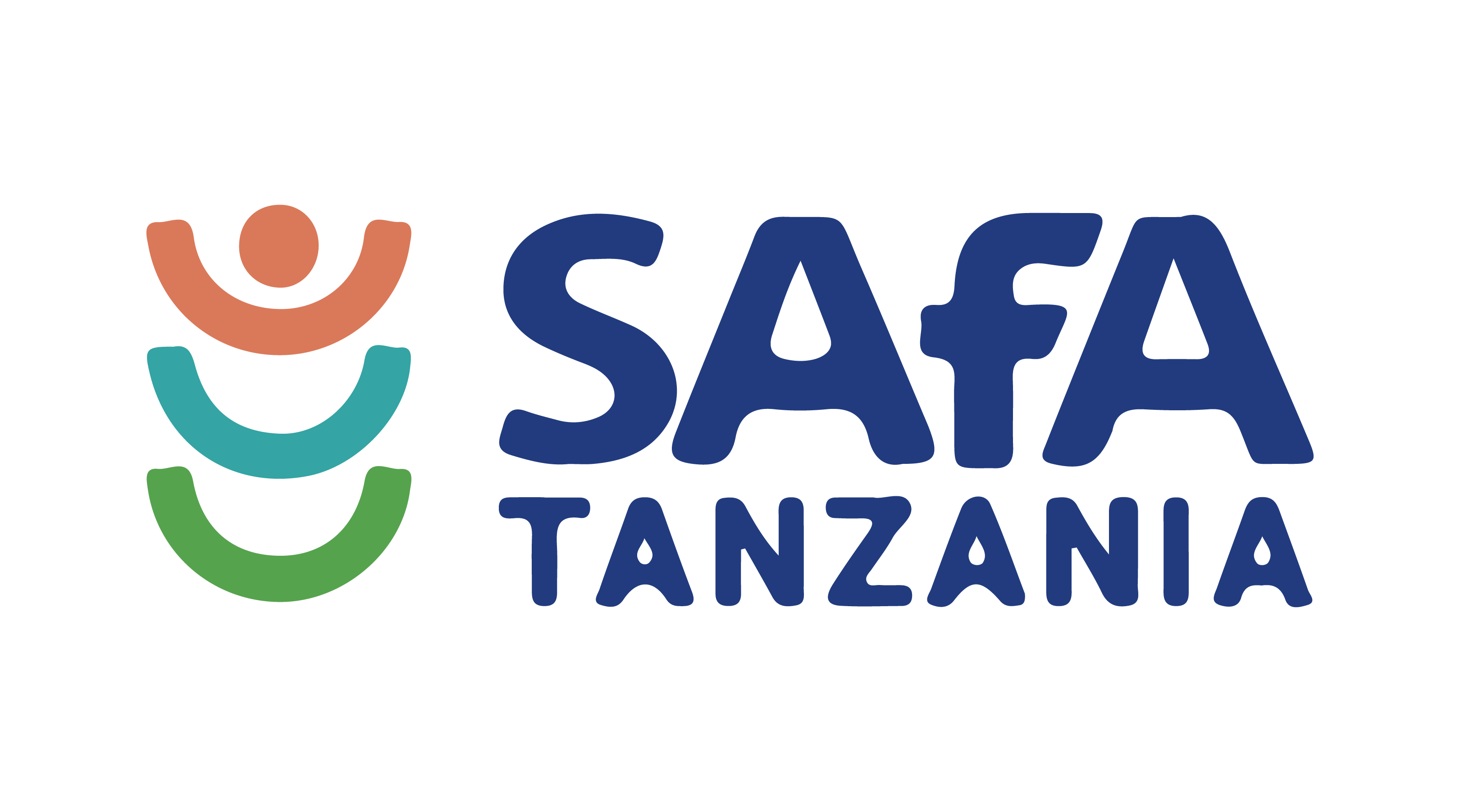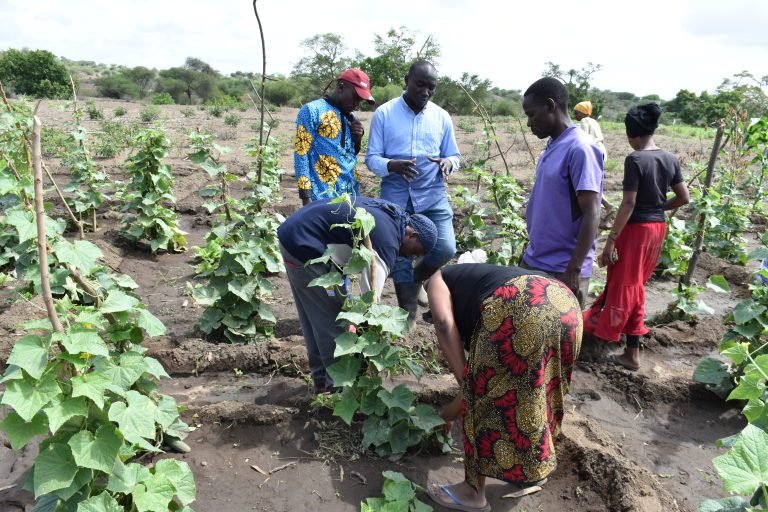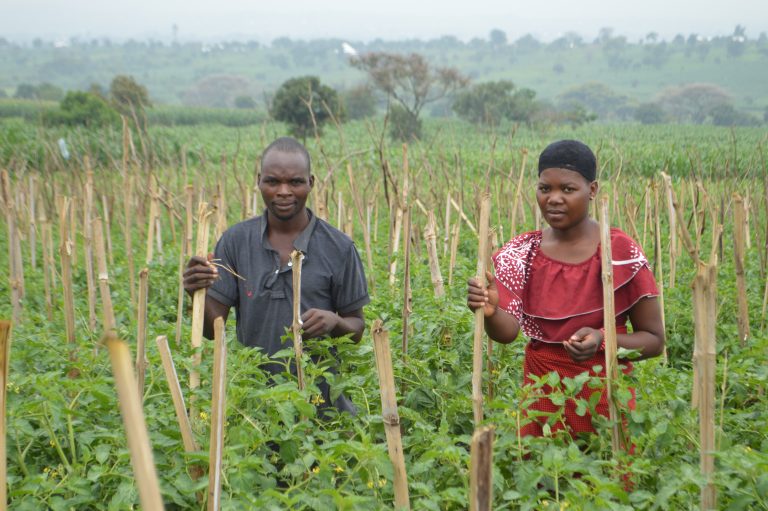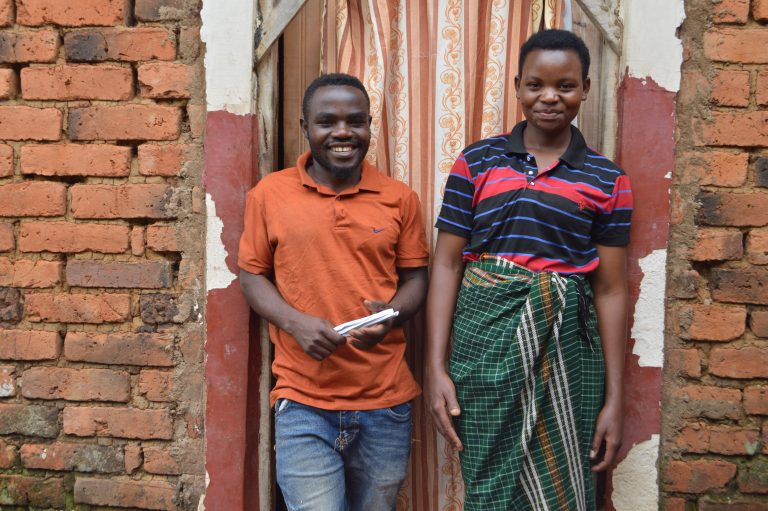
A Bell Pepper Journey to Enhanced Livelihoods
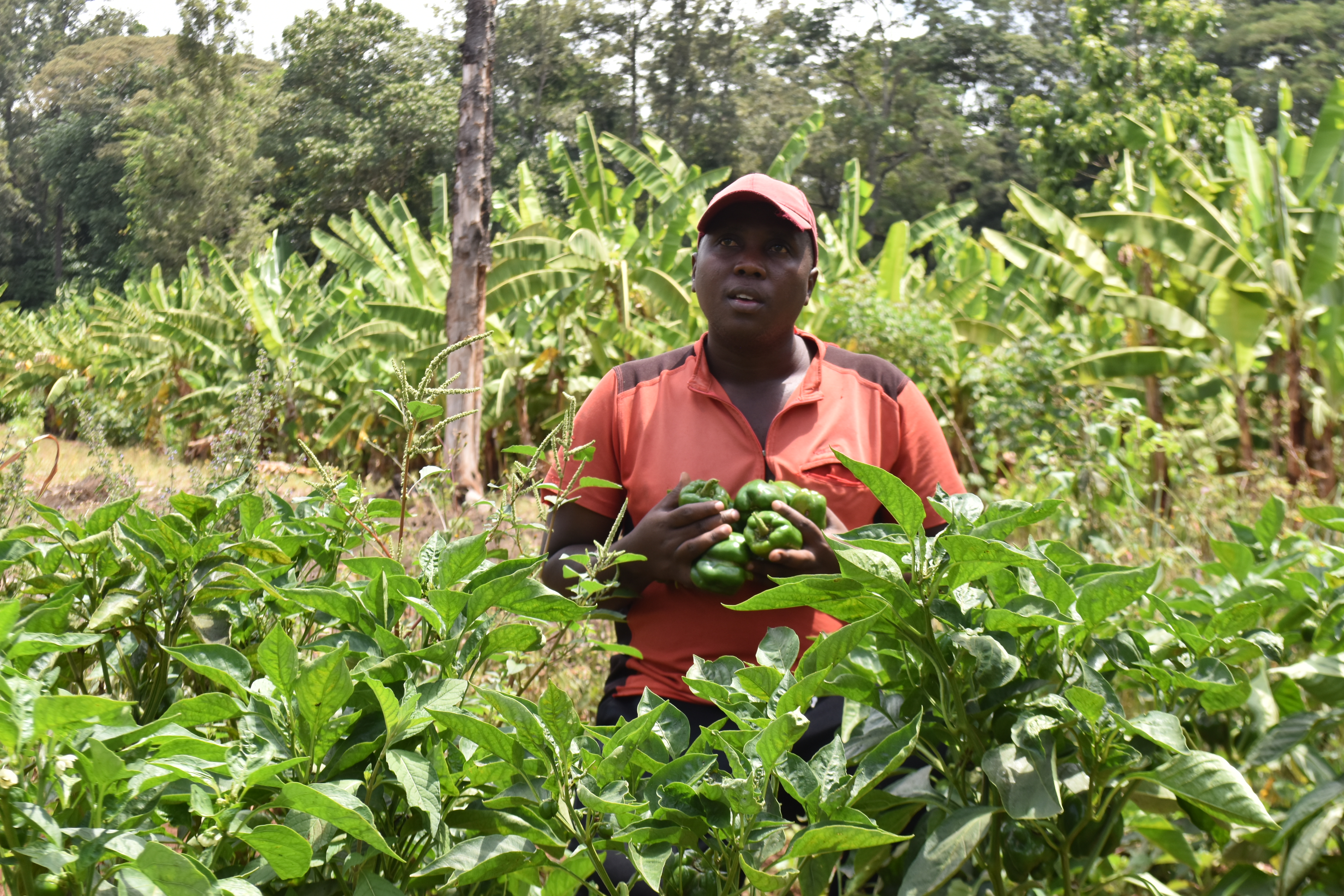
Meet Issa Mboya, the chair of a youth farmer field school (YFFS) group called Manushi Sinde, located in the Moshi district of the Kilimanjaro region in Tanzania. Together, they joined the SAfA Tanzania project in 2023, where they cultivate bell peppers.
In September 2023, Issa and his group participated in vegetable production training organized by HRNS Tanzania. Major topics covered in the training included seed selection, fertilization, and crop protection. Starting in November 2023, Manushi Sinde YFFS hosted a quarter-acre bell pepper garden, which proved to be successful. “This is a good start to put knowledge into practice. We now believe we can overcome all the challenges we faced in the past before receiving the training,” Issa commented.
“By adopting better farming techniques, we plan to expand the plot by acquiring 1 to 5 acres of land to increase our harvests,” Issa said, adding, “We intend to use our additional profits to invest further in various projects to support the group.”
Issa and the group are also assisting other farmers by providing them with appropriate advice and support for managing their crops. They look forward to establishing more businesses to ensure the sustainability of what they’ve started as a group to support their families and the entire community.
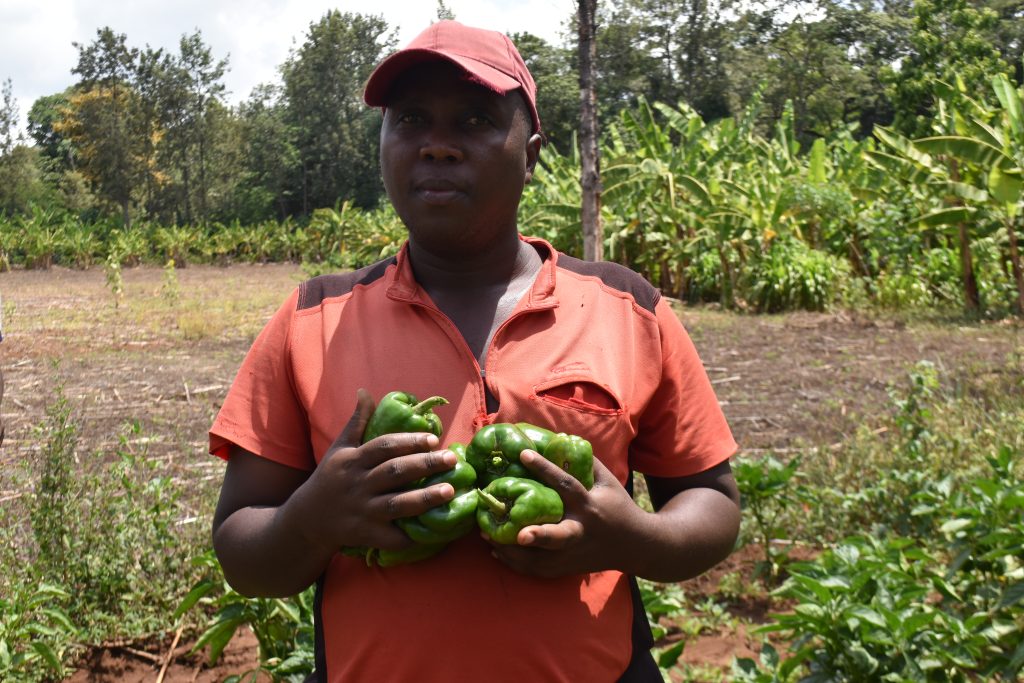
Here is what they plan to do in the next few months:
- In addition to bell pepper, they plan to engage in maize, cucumber, tomato, eggplant, and onion farming.
- Offering a mobile money transfer service.
- Opening a corn milling and shelling machine.
- Opening a retail shop.
The youth group has encountered several obstacles, including fungal diseases, but after the training, they’ve been able to overcome these challenges by receiving quality instruction on insect pest and disease prevention and control, as well as connecting with agro dealers who provided tolerant seeds.
“In vegetable farming, water is a critical component, and on our farm, we were able to access water from one of the community members, which costs us TZS 2,000 per irrigation cycle, totalling TZS 6,000 per week. This is relatively fair, given that we irrigate our farm three times a week,” Issa added.
